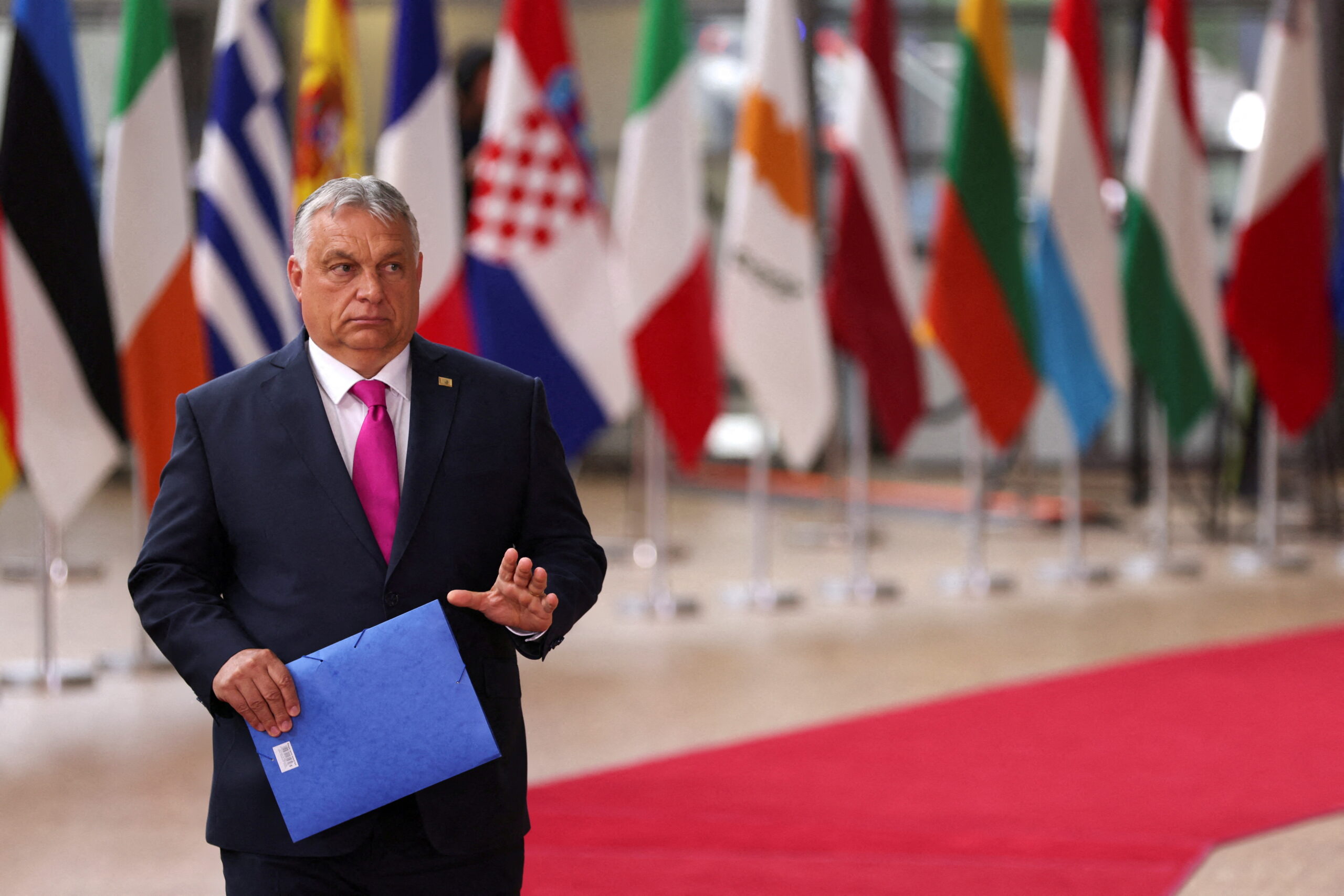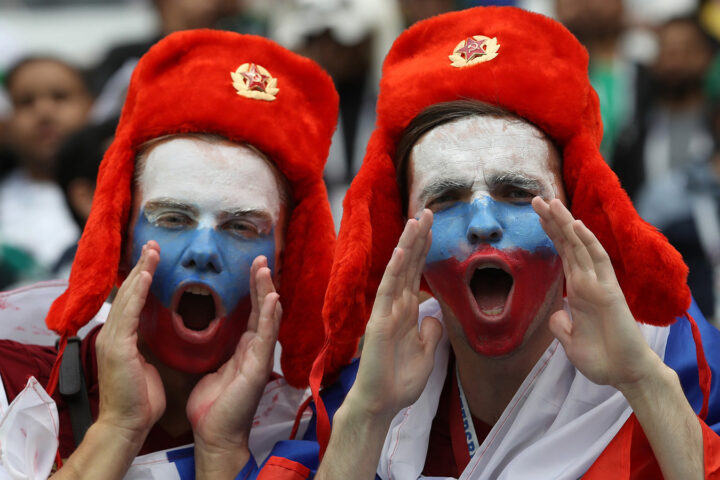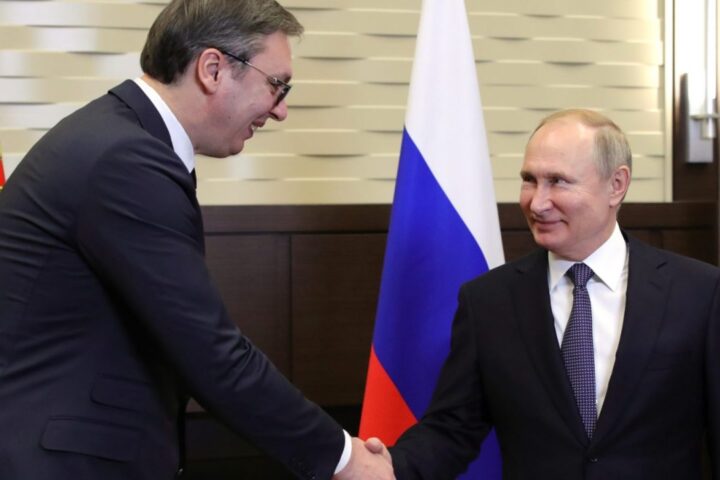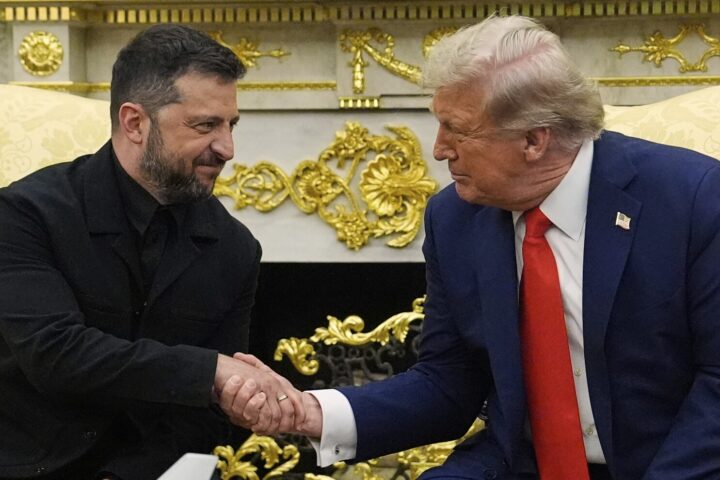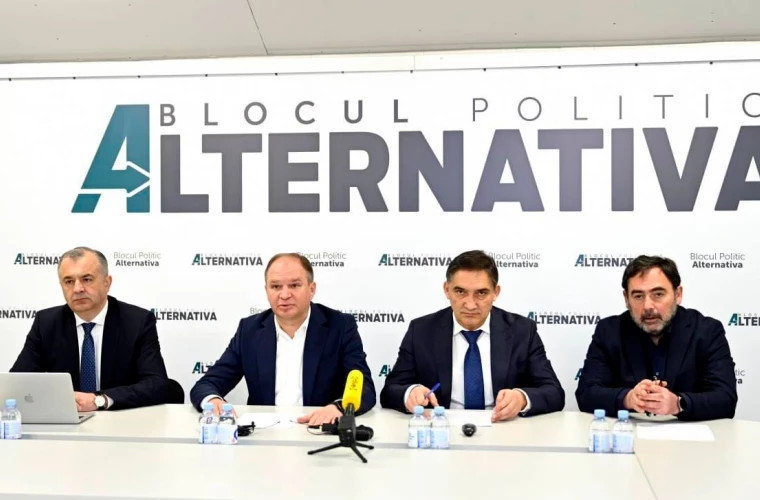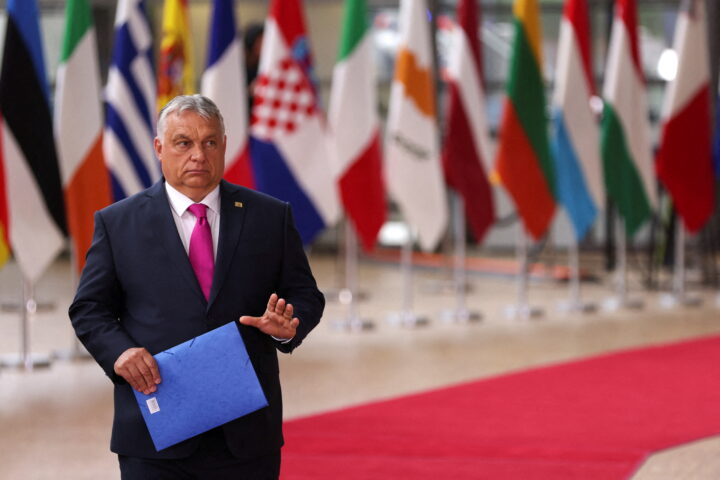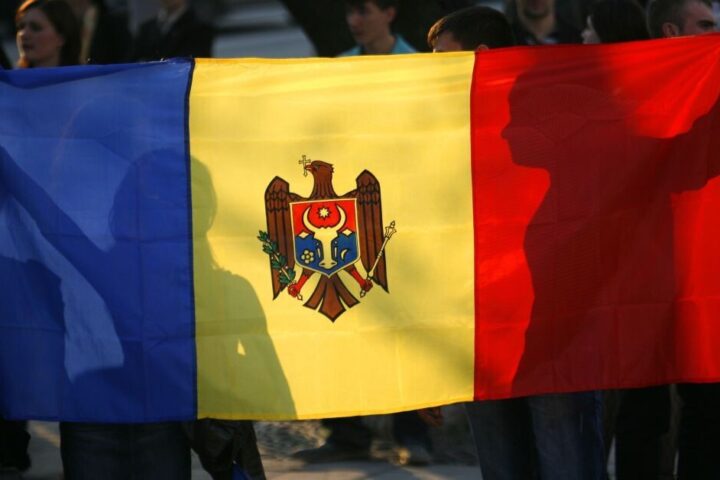Hungary will not stop purchasing Russian oil despite an appeal from President Donald Trump, Foreign Minister Péter Szijjártó said on September 24. Speaking after Trump’s statement that he planned to raise the issue directly with Prime Minister Viktor Orbán, Szijjártó argued that Hungary’s geography left the country with no real alternatives. “We are a landlocked country. It would be great if we had access to the sea, if we could build a refinery or LNG terminal on the coast and reach the global market. But we cannot”.
Trump presses allies on Russian energy
Trump, speaking in New York alongside Ukrainian President Volodymyr Zelensky, underscored the urgency of tightening pressure on Moscow, stressing that the war has dragged on for more than three and a half years with the Kremlin failing to achieve its objectives. He called reducing Europe’s energy ties to Russia “critically important” and said he hoped to personally persuade Orbán to adjust Hungary’s policy.
Hungary remains one of the few EU states still relying heavily on the Druzhba pipeline for Russian oil, despite repeated calls from Brussels to diversify supplies. The government insists that higher tariffs on alternative routes, including through Croatia, and limited infrastructure capacity make Russian oil the only viable option for now.
Energy dependency shapes Orbán’s strategy
Budapest’s decision to maintain imports, around 5 million tons annually via state-backed MOL Group, has raised concerns in Brussels about long-term energy security. Critics argue that by financing Russian crude purchases, Hungary indirectly helps sustain Moscow’s war machine, as oil and gas revenues form a crucial part of Russia’s federal budget.
With parliamentary elections due in 2026, Orbán is also prioritizing domestic stability. Cheap Russian energy has allowed his Fidesz party to cap household prices for electricity and gas, a central plank of his political strategy. Observers note that this calculation often outweighs EU-backed projects to diversify Hungary’s energy mix.
Balancing Moscow and Washington
Analysts caution that Szijjártó’s remarks do not necessarily signal a final refusal. Orbán has long maneuvered between Moscow and Western capitals, leveraging his position to extract concessions. Washington still holds significant influence over Budapest, and the Hungarian leadership could recalibrate its stance if political costs rise.
Hungary and Slovakia have temporary EU exemptions allowing continued pipeline imports under sanctions, but both have resisted measures they claim could undermine their energy security. Meanwhile, MOL retains access to non-Russian alternatives, including stakes in Azerbaijan’s Azeri-Chirag-Guneshli oil fields and the Baku-Tbilisi-Ceyhan pipeline. However, Budapest’s reliance on Russian crude — coupled with tensions over MOL’s controversial role in Croatia’s INA energy company — continues to deepen its dependency on the Druzhba line.
